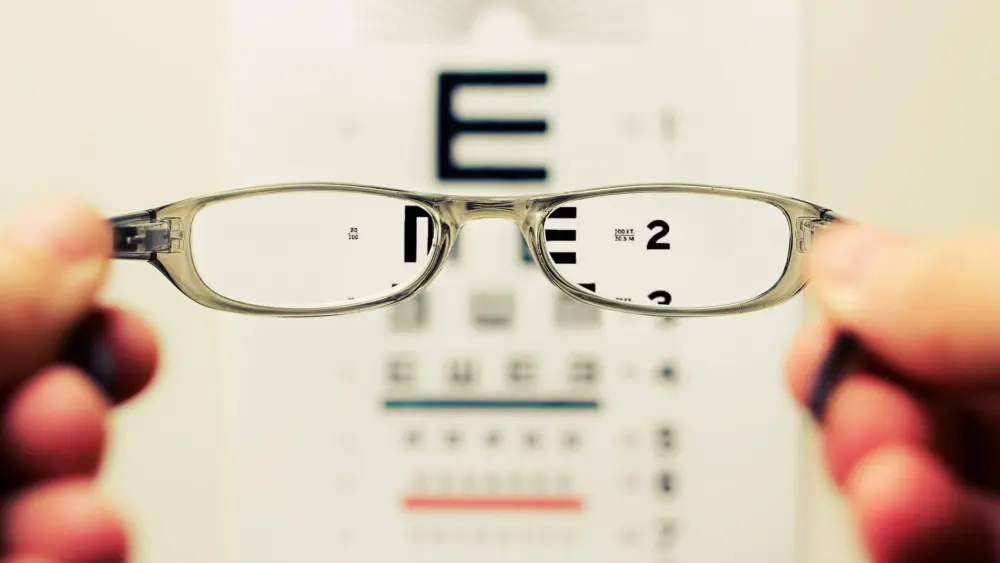OLYMPIA, WA – Washington state auditors have started investigating whether local police departments are properly reporting officer misconduct.
As part of police accountability measures passed in 2021, the Legislature required law enforcement agencies to report to the state Criminal Justice Training Commission when officers leave the department for any reason, use force that results in death or serious injury, are charged with a crime or are found to commit certain misconduct.
The law also required departments to continue investigations even if an officer resigns before the probe is finished.
This is meant to ensure “bad-apple” officers who should lose their state certification don’t slip through the cracks. Losing those credentials blocks officers from working as police in the state, even if they quit their job to evade formal discipline.
The Criminal Justice Training Commission suspected agencies weren’t reporting misconduct as they should have. So it requested the state auditor’s office look into compliance.
Officials see the resulting audits as a teaching moment on the new reporting requirements. The objective is to increase public trust and improve transparency.
“This isn’t like a gotcha, it’s not a punishment,” said Kimberly Bliss, the commission’s assistant director focused on certification. “This is an educational piece for us to make sure that agencies across the board learn what they’re supposed to be doing.”
Last month, Bliss and Michael Huynh, from the state auditor’s office, led a presentation on the audits at the Washington Association of Sheriffs and Police Chiefs conference in Spokane. Afterward, police officials told Bliss they realized they hadn’t reported correctly.
The first two new audits, of the Renton and Des Moines police departments, both showed missteps.
After reviewing department records, auditors found Des Moines didn’t report three of four sustained misconduct allegations. That conduct included violations of the state’s controversial pursuit law that lawmakers later rolled back, wrongful use of a Taser and improper handling of drug evidence.
Des Moines Police Chief Ted Boe blamed the lack of reporting on the law being unclear. For example, while some parts of the statute are more specific, one provision says officers can be decertified for failing “to meet the ethical and professional standards required of a peace officer or corrections officer.”
In response, the Criminal Justice Training Commission agreed to develop guidance on what conduct falls under that umbrella.
Des Moines also notified the state training commission of all officers who had left, but four of those notices came well after the 15-day window in the law.
Meanwhile, in Renton, auditors found the department didn’t report that two officers were involved in a use of force incident in 2022 until learning of the audit. The chief said this was an oversight.
Renton also was a little late on reporting two officer separations.
For both departments, the auditor’s office recommended outlining the reporting process in agency policy.
“One thing we found was that one person would be responsible for notifications, and if they didn’t do it, no one knew,” said Huynh, a program manager with the auditor’s office.
Police accountability advocates see failing to comply with the law as a symptom of a systemic problem.
“This is not an oversight. It’s a pattern. A culture. One where data is withheld, timelines are ignored, and truth is treated like a suggestion,” Nickeia Hunter, whose brother was killed by police, said in an email. “Until truth is demanded and enforced, we will remain stuck in a cycle where transparency is performative and justice is optional.”
Next up for these new state audits are the Kitsap County Sheriff’s Office and the police wing of the state Department of Fish and Wildlife. Auditors will continue looking into a pair of agencies at a time indefinitely.
Washington State Standard is part of States Newsroom, a nonprofit news network supported by grants and a coalition of donors as a 501c(3) public charity. Washington State Standard maintains editorial independence. Contact Editor Bill Lucia for questions: info@washingtonstatestandard.com.





